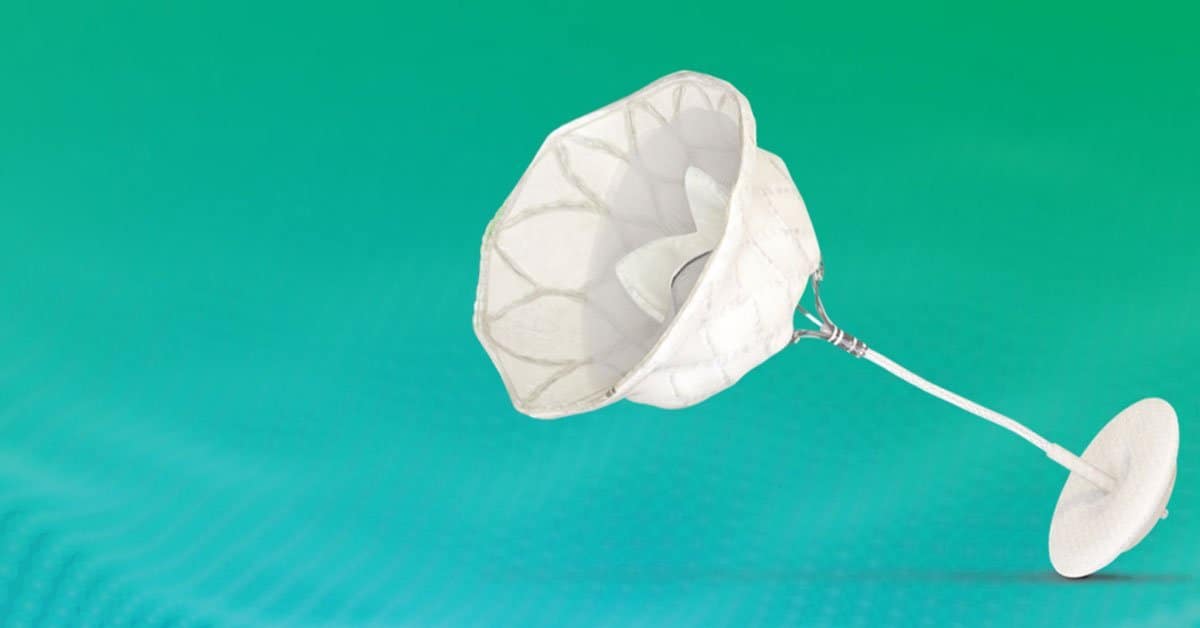It’s pretty clear that myocarditis is a rare complication of the mRNA COVID vaccine. A new study published in Circulation suggests this phenomenon may be related to vaccine-generated spike proteins that dodged antibodies.
Researchers matched 16 children with post-vaccine myocarditis to 45 control children who had been vaccinated without complication:
- Absolute antibody titers were no different in the myocarditis vs. the control group.
- Autoantibody levels were also similar in both groups.
- T-cell responses were mostly similar–except for one T-cell subtype that was slightly elevated in the myocarditis group.
- Inflammatory markers (including interleukin cytokines, TNF-α, and INF-γ,) were significantly higher in the myocarditis group.
Most importantly, the researchers found free spike protein in the blood (not bound by anti-spike antibodies) present in 12 out of the 16 patients with myocarditis, but in *zero* of the 45 control patients. This suggests that these vaccine-generated spike proteins may be the driving force behind mRNA vaccine-related myocarditis in young people.
The Takeaway
The incidence of myocarditis among children infected with SARS-CoV-2 is still much higher than the risk of post-vaccination myocarditis, and these results do not negate the overall efficacy of mRNA vaccines in preventing severe COVID outcomes.
But we are still left with the puzzling question: Why do some people completely clear the spike protein, while others do not? The search for answers continues.






